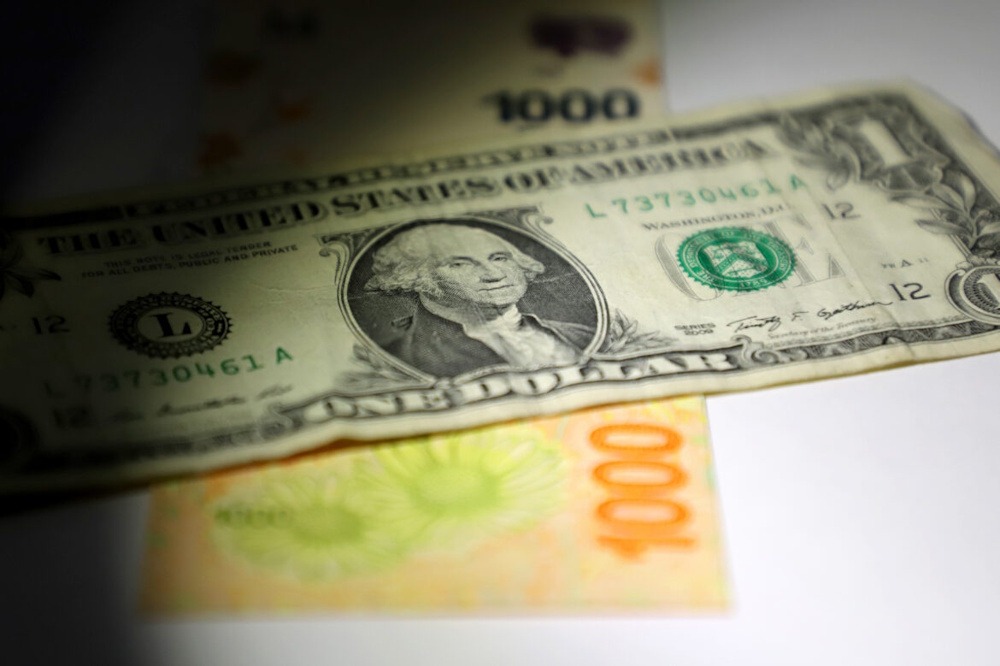Investors in Argentina are raising their expectations that President Javier Milei will implement a devaluation of the peso following the midterm elections this month, as the government continues to exhaust its reserves to support the struggling currency. The Treasury took action for the seventh consecutive session on Wednesday. It had already sold an estimated US$1.5 billion in the previous six sessions, injecting liquidity into the market to enhance the value of the peso. In recent weeks, government intervention has been evident on multiple fronts aimed at curbing the further depreciation of the currency, including the reinstatement of certain exchange controls and the sale of dollars in the futures market. However, as the government increases its efforts to support the peso, it becomes increasingly evident that the existing exchange rate is untenable, exacerbating the very currency flight that officials are attempting to prevent.
“The market appears to be anticipating a foreign exchange regime change immediately following the elections, indicating that as the date approaches, there will be increasing pressure on the exchange rate,” stated Santiago Resico. “The Treasury’s daily sale of substantial dollar amounts evidently does not contribute positively.” The government aims to avert a decline in the peso that could exacerbate inflation prior to the midterm elections on October 26, during which half of the congressional seats are contested. Milei must secure backing in both legislative chambers to propel his most formidable economic reforms forward. The Central Bank, having expended US$1.1 billion in reserves last month to support the currency, has increasingly depended on Treasury cash to maintain its stability in recent times. The monetary authority is permitted to intervene in markets, but such action is contingent upon the peso exceeding the trading band established in Argentina’s agreement with the International Monetary Fund.
The outlook for Argentina has worsened following Milei’s significant defeat in a local election in Buenos Aires Province in early September, coinciding with escalating economic challenges and corruption scandals affecting several of his key associates. A commitment of assistance from the United States contributed to stopping the sell-off, yet it did not reverse the decline. Currently, the prevailing base case scenario suggests that the government is expected to secure between 34 percent and 37 percent of the votes in the forthcoming election, as noted by Ivan Stambulsky. In light of these conditions, Milei is anticipated to maintain governance through the use of veto and decree. However, members of the lower house are set to engage in discussions regarding proposed legislation aimed at restricting the utilization of presidential decrees on Wednesday, as outlined in the chamber’s agenda. This development may further constrain Milei’s capacity to implement reforms during the latter half of his term. According to Paula Gandara, fluctuations in dollar sales and uncertainties surrounding the election have contributed to increased volatility in the bond market.
Following a robust rally on Monday, notes maturing in 2035 experienced a decline of over a cent the subsequent day as the government persisted in injecting greenbacks into the currency markets. On Wednesday, the bonds experienced a further decline, contributing to losses in emerging markets. “Markets are advocating for a devaluation of the currency and the establishment of a free-floating exchange rate. “No more bands, no more intervention,” stated David Austerweil. “It is inevitable that it will occur in some form.”

